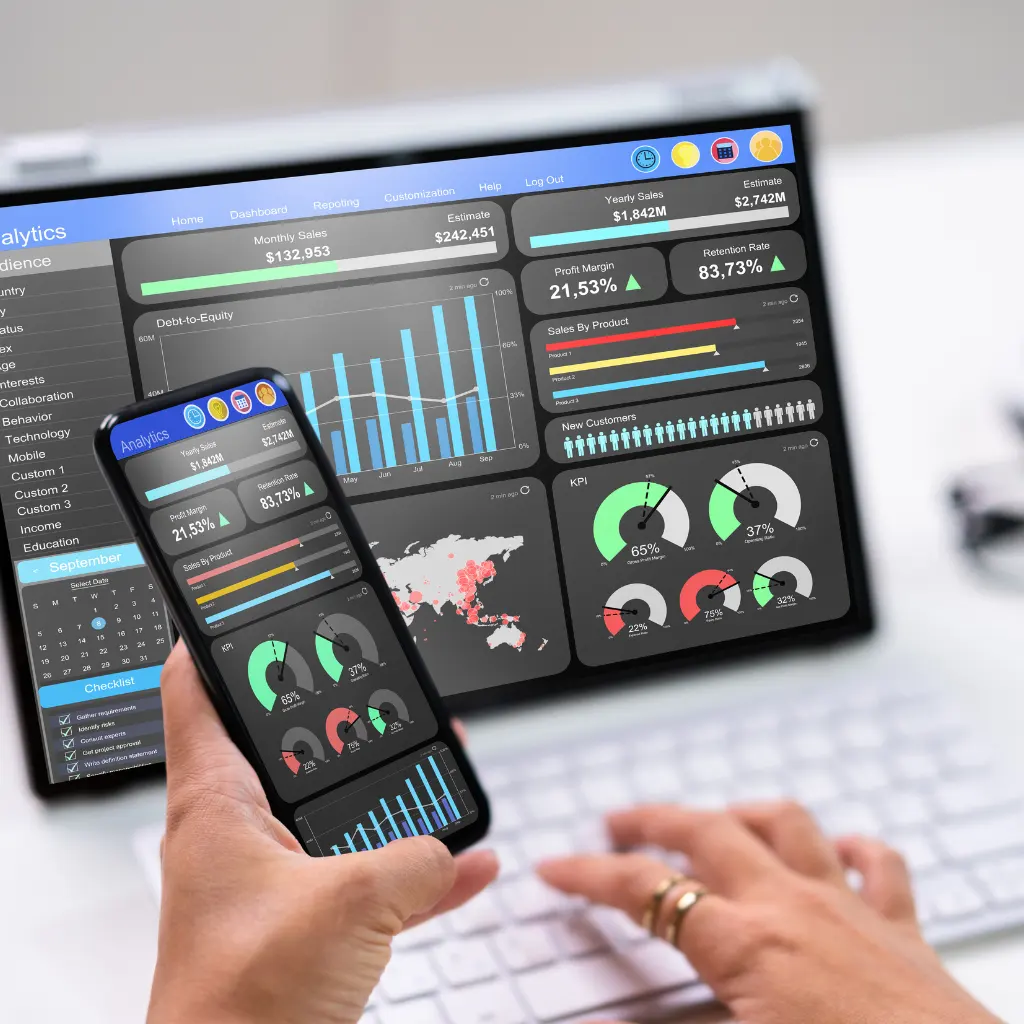Marketing Analytics for Business
Marketing Analytics for Business teaches teams to turn data into decisions. It covers finding the right audiences, understanding behaviour, improving conversions, and growing lifetime value—using clear KPIs, focused dashboards, and practical, real-world guidance.

Getting Started With Marketing Analytics
You don't need a data science degree to harness analytics effectively. Start by identifying your most important business goals, then work backwards to determine which metrics actually matter. Vanity metrics like page views or follower counts feel good but rarely drive decisions. Focus instead on metrics tied to revenue, customer acquisition, and retention.
Invest in tools that integrate your data sources—your website, CRM, advertising platforms, and email marketing—into unified dashboards. This holistic view prevents the siloed thinking that leads to poor decisions.
Business areas of Marketing Analytics
Performance Analytics
Performance Analytics tracks how your campaigns actually perform. Are your Google Ads generating qualified leads? Is your content marketing driving organic traffic? Performance metrics reveal what's working and what's draining resources. By monitoring key performance indicators (KPIs) like conversion rates, cost per acquisition, and return on ad spend, you can optimise campaigns in real-time rather than waiting until budgets are exhausted.
Customer Analytics
Customer Analytics digs into who your audience really is. Beyond basic demographics, modern analytics platforms reveal behavioural patterns, purchase journeys, and engagement preferences. Understanding that your highest-value customers discover you through LinkedIn but convert after reading three specific blog posts changes how you allocate resources. Customer analytics transforms anonymous visitors into understood individuals.
Operational Analytics
Operational Analytics examines the efficiency of your marketing machine. How long does it take to move a lead through your funnel? Where do prospects drop off? Which team members or tactics deliver the best results? These insights help you streamline processes, eliminate bottlenecks, and scale what works.
Financial Analytics
Financial Analytics connects marketing activities to business outcomes. It's not enough to generate leads—you need to understand their economic value. Financial analytics answers critical questions: What's the true ROI of each channel? How do customer acquisition costs compare to lifetime value? Which campaigns actually contribute to profitable growth?
Imagine receiving an alert that your email open rates have dropped 30% overnight, allowing you to investigate deliverability issues before an entire campaign fails. Or discovering that visitors from a specific geographic region convert at three times the average rate, enabling you to redirect budget toward that audience immediately.
Most importantly, build a culture of testing and learning. Use analytics to form hypotheses, run experiments, and iterate based on results. The businesses that win in digital marketing aren't necessarily the most creative—they're the ones that learn fastest from their data.
Analytics transforms digital marketing from an art into a science, giving you the insights needed to grow efficiently and confidently in an increasingly competitive landscape.






